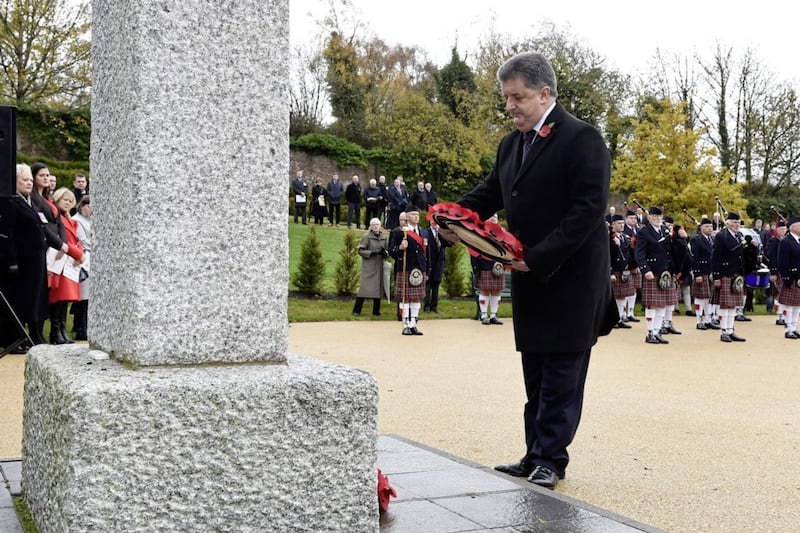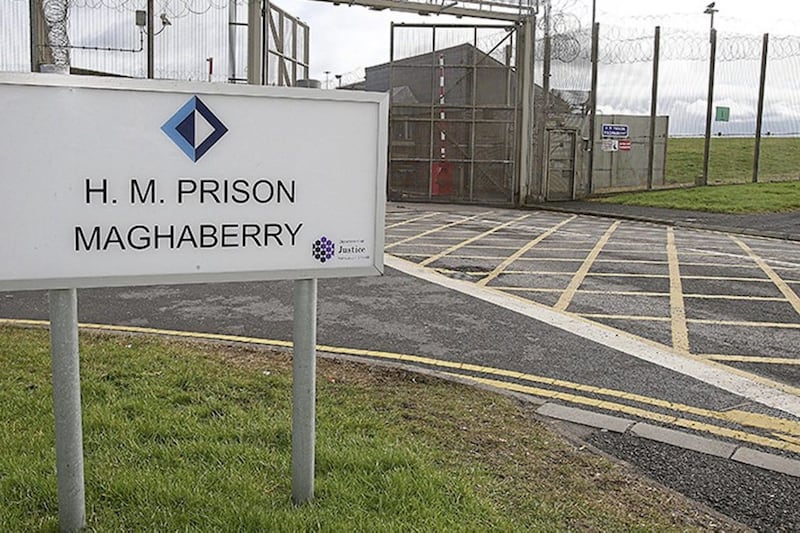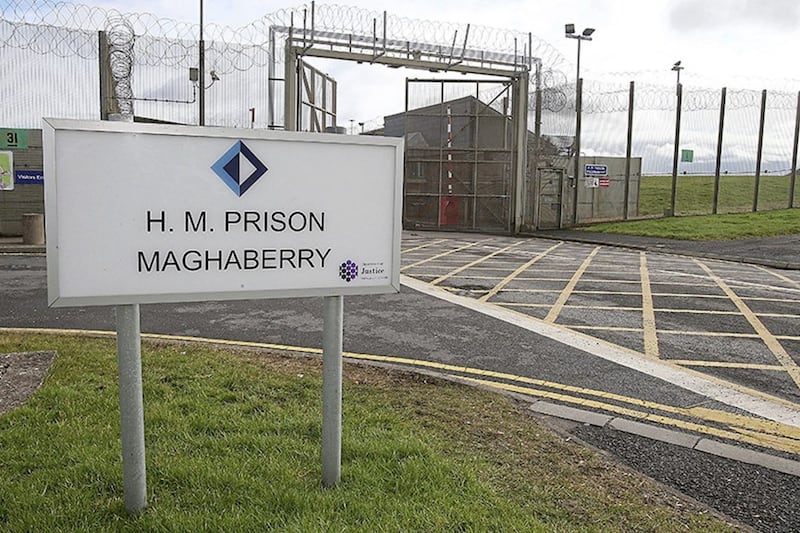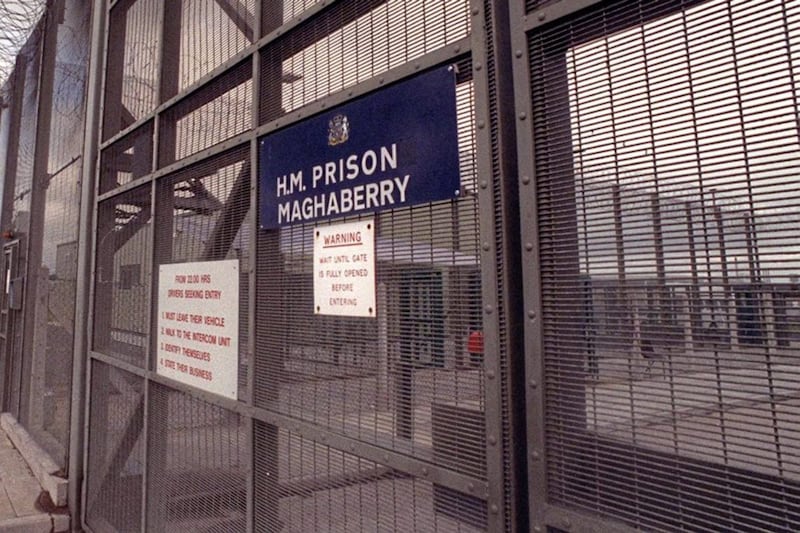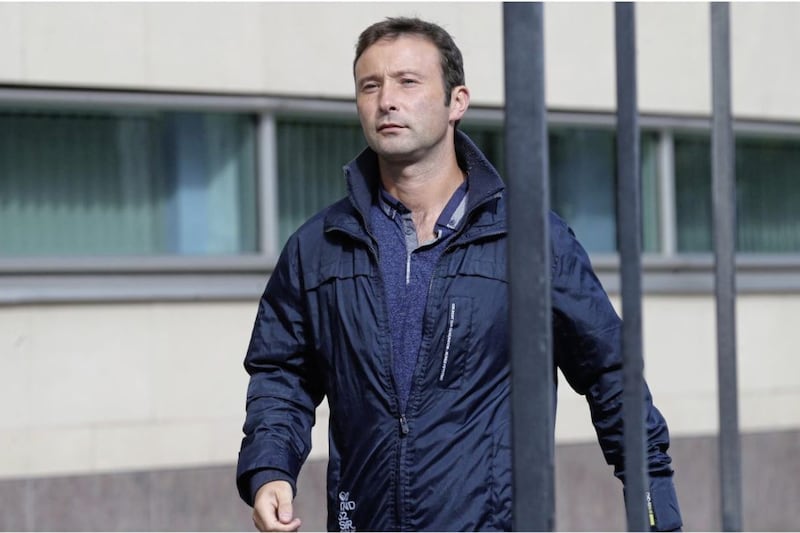NEARLY 200 prison officers in Northern Ireland have been injured and assaulted in the last three years, prompting calls to update rules on sick leave compared to other civil servants.
In a written question to the Finance Minister, the former UUP leader Doug Beattie asked how many civil servants had their sick pay extended in the last three years, known as a temporary injury award (TIA), and how many were prison officers.
There was a total of 188 injury/assault cases in the civil service over the last three years, of which 100% were prison officers.
A total of 110 civil servants in the same time period were granted a TIA, but fewer than a third of these (31%) were for prison officers.
The civil service policy allows for an extension of sick pay of up to six months for industrial injuries and diseases – including stress and psychological illnesses.
Absences because of injury or assault may also be excused from the maximum periods of paid absence.

Commenting on the figures, Mr Beattie said prison officers deserved extra consideration.
“The Northern Ireland Prison Service (NIPS) are unique amongst the Northern Ireland Civil Service yet in many ways they are treated the same,” he said.
“The recent figure showing 188 prison officers have been assaulted or injured in the last three years highlights the fact that prison officers cannot be treated the same as civil servants.
“Special measures should be put in place within the Civil Service Staff Handbook to recognise the NIPS service, their unique role and the stress they suffer both on and off duty.
“I have raised this issue on multiple occasions with the Finance Minister and intend to raise it again in the near future.”

Ivor Dunne chairs the Northern Ireland Prison Officers’ Association.
He explained that the prison service used to have an internal excusal of sick, meaning a prison governor would sign off on a decision to extend any absence for an injured officer.
“But someone in their infinite wisdom decided they would overrule that,” he said.
“Now, this will go to other agencies and there can be a lot of delay.
“You can’t compare like with like when it comes to most civil servants and prison officers.
“It’s now civilians that are making decisions on whether the officer gets an extension to their sick or not.”
As an example of the threats facing officers, he said: “A prisoner could turn round and say ‘I’m going to shoot you,’ but that’s just taken as a run of the mill as they don’t have the means to do that.
“But if that prisoner says ‘I’m going to get you shot,’ that becomes a threat as they do have the means to do that.”
In 2012, it is understood that the murdered prison officer David Black had been on a final written warning for absence because of work-related injuries before he was killed while driving to work.
Had he survived the murder attempt and required more time off, it iss believed that the current rules could potentially have led to him facing dismissal proceedings.

Mr Dunne also said that delays in decision making meant officers could be financially penalised if they accumulated absences in a four-year period.
“If someone had a car accident not related to work or fell and broke a leg and were out on the sick for four months,” he said.
“Then an officer gets assaulted in work, that initial injury still falls under the four-year rule.
“That means they could drop on to zero pay before half pay because of the anomalies of taking so long for sick pay to be sorted out.
“In my opinion, it’s taking too long for these decisions to be made.”
A Department of Finance spokesperson said that dealing with stress of trauma was “an individual experience,” meaning that civil service HR policies were person centered instead of job focused.
For prison service staff, they said sickness absence policies were carried out by “a dedicated HR Strategic Business Partnering team” that was embedded within the Prison Service.
They added that the “bespoke service” was informed by the working experience of the prison environment and knowledge of the specific issues officers faced.




